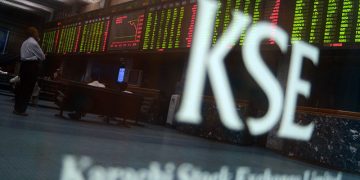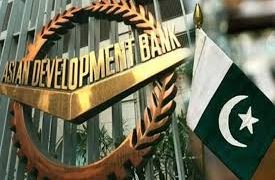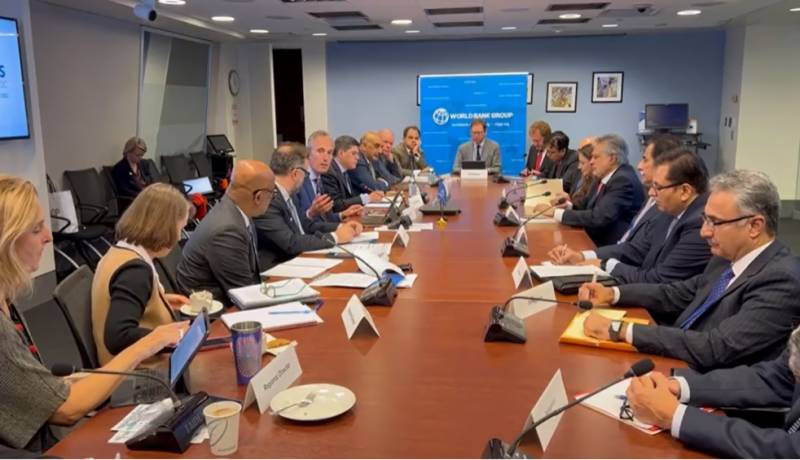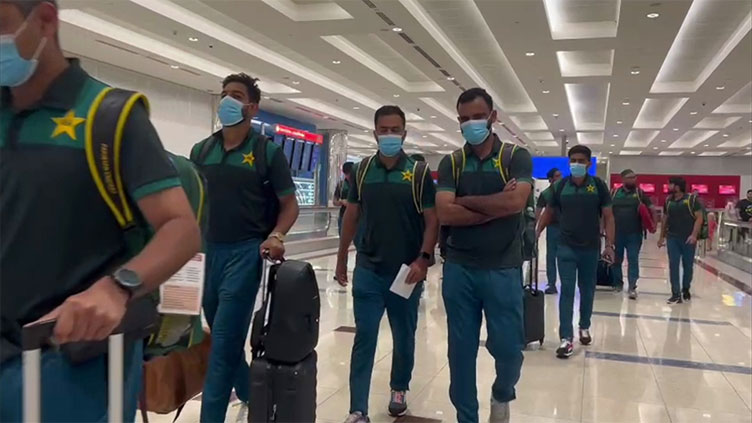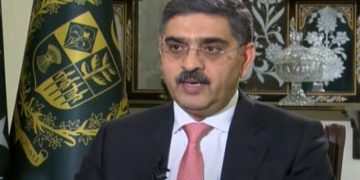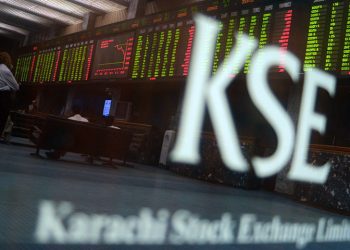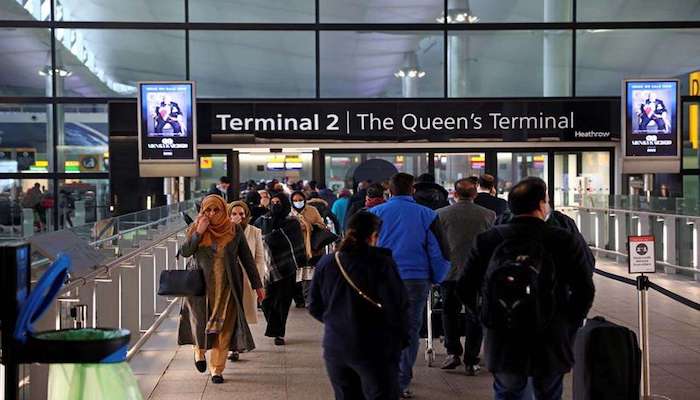The US dollar continued its downward spiral against the Pakistani rupee for the 16th consecutive session on Tuesday, sliding below the Rs290 mark for the first time in around six weeks.
The greenback lost Rs1.06 against the rupee in the interbank market today. The local unit closed at Rs289.80 after appreciating 0.37% from yesterday’s close of Rs290.86, according to the State Bank of Pakistan (SBP).
Following a massive crackdown against the illegal currency trade the US dollar shed its value by around Rs17.46 from its highest level against the rupee.
‘Rupee’s appreciation might not sustain for very long’
Talking to media, capital market expert Saad Ali said Monday that the recent appreciation of the rupee was majorly driven by the government’s crackdown against the illegal currency trade.
The analyst did not see any fundamental reason behind the flight of the local unit against the greenback. “I feel that it might not sustain for very long.”
Responding to a question, Ali said that he did not think that the dollar would fall to Rs250, adding that it might just come down to the level where the rupee was when the caretaker government took over.
“Dollar might come down to around Rs285,” he added.
Last week, Sindh Governor Kamran Khan Tessori claimed that the market will see a further decline in the dollar rate, adding that the greenback will fall to Rs250-255 against the local unit in the coming days.
During the last week, the local unit appreciated another 1.74% and settled at 291.76 against the greenback. Experts see administrative and enforcement measures behind the recent significant recovery of the rupee’s value against the US dollar.
Taking to his X handle, brokerage house Arif Habib Limited’s (AHL) CEO Shahid Ali Habib said: “PKR gained over 5.3%, or Rs15.3 against USD in the last thirteen consecutive trading sessions due to strict measures against Afghan transit and hawala.”
“We expect PKR to further gain in coming days to at least reach Rs278-280 against USD, if these positive measures continue like this and some external flows materialise timely,” Habib added.










